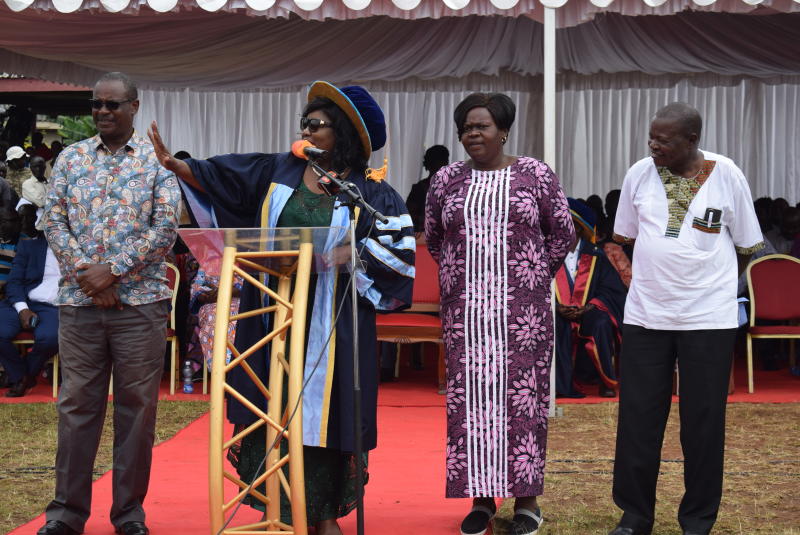×
The Standard e-Paper
Fearless, Trusted News

Voters are slowly losing their ability to determine which candidate will represent them in the elections as political parties increasingly opt for alternative methods of picking flag bearers.
More than ever before, political parties are opting for negotiated democracy, consensus and opinion polling to decide who will be nominated.